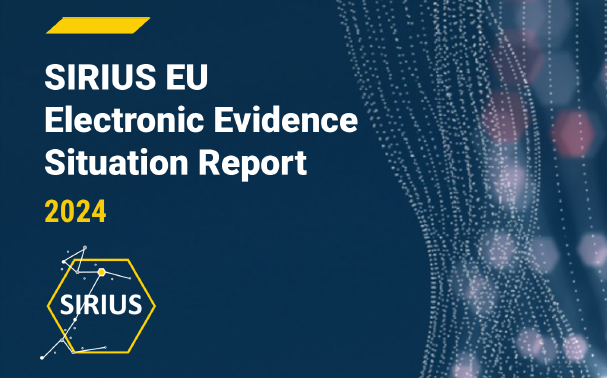Eurojust, Europol and the European Judicial Network have published the 2024 edition of the SIRIUS European Union (EU) Electronic Evidence Situation Report. First presented at the SIRIUS Annual Conference to an audience of EU law enforcement and judicial authorities, policymakers, and representatives of service providers, the report reflects on the evolving legislative framework and the growing reliance on electronic data in criminal investigations, while highlighting the persistent barriers to effective cooperation in accessing electronic data across borders for investigation and prosecution of crimes.
Gone are the days when organisations could simply promise a speak up culture. Today, fostering a culture of trust, integrity, and a positive work environment…
Download whitepaper








